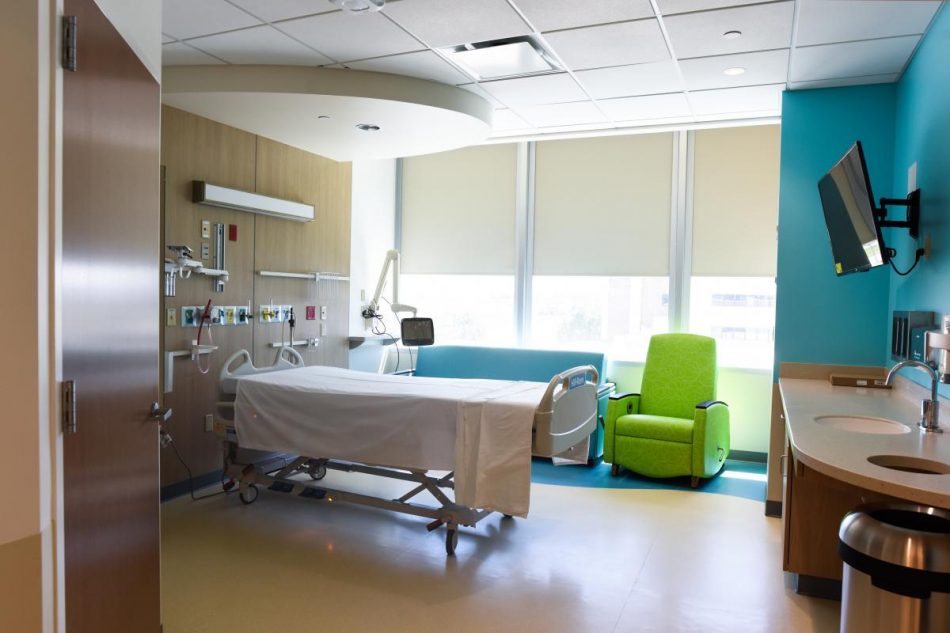When looking into various medical practices, you may notice that hematologists and oncologists have specialty practices together. Hematologists function as medical professionals who have a strong background in blood-related illnesses. Medical oncologists are medical professionals who have a lot of experience preventing and treating cancer-related illnesses. Why would they intertwine practices? Some of the NJ’s Best Hematologists discussed why it can be beneficial. First, let’s discuss what each specialty handles on a daily basis.
What Does A Hematologist Do?
A hematologist specializes in the treatment, diagnosis, and post-care measures of blood-borne illnesses. These illnesses include anemia, clotting disorders, and others. A lot of the time, blood-borne illnesses can be a precursor to a more serious issue like cancer. There are many forms of cancer such as myeloma and lymphoma that affect blood cells. With this being said, you can already draw your own theories on why oncologists would benefit from having hematologists in the same practice.
What Does A Medical Oncologist Do?
A medical oncologist focuses on the prevention, treatment, and post-care of patients who have experienced a cancer-related illness. Oncologists are able to carry out a lot of important medical procedures that are needed during a cancer journey. Different kinds of surgeries and scans are carried out to monitor and treat cancer. Oncologists are able to administer different kinds of therapies such as radiation and much more. With cancer spread being a huge reason that cancer is such a dangerous disease, oncologists have to deal a lot with health on a cellular level.
How Does Oncology & Hematology Overlap?
A lot of oncologists have to become quite familiar with blood cells to aid patients with slowing the spreading of cancer. A lot of the time, a lack of expertise can be found in this area due to blood being quite a complex part of a person’s health profile. Hematologists are able to fulfill this need. When oncologists and hematologists team up through a combined practice, a lot of great benefits can occur.
The type of care offered can radically change and offer more comprehensive help. When medical oncologists have direct access and relationships with hematologists, it allows them to be more confident in their treatment plans since they know they have a lot of resources at their disposal.
In conjunction with comprehensive treatment plans, the turnaround time on a lot of procedures and tests is shortened drastically. If hematologists and oncologists were separate, a lot of time would be lost due to information constantly having to be sent back and forth as well as scheduling concerns. When both specialties are in one practice, tests can be done and analyzed a lot quicker than usual. These two reasons are some of the biggest that can be found when looking at hematology and oncology practices.
I hope this helps!


